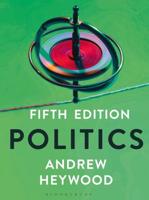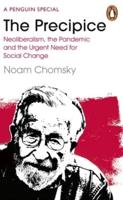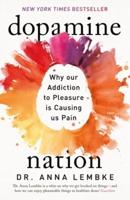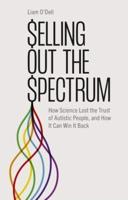Publisher's Synopsis
This book documents and analyses the differentiated control policies, the determinant factors behind, social resilience, and international relations during the pandemic from a comparative perspective in a facts-based, data-supporting manner. The intermittent outbreak of cases, public sentiments after long anxiety, questions over the efficacy of vaccines, have forced governments as well as the public to rethink differing approaches and policies in the combat against not just COVID, but the delta variant. In this context, this book establishes itself as a timely product, perhaps the first of its kind, to provide a widely covered individual country-based observation of policies, with an emphasis on multidimensional determinant factors behind the policies. A comparative study of social resilience during the pandemic constitutes another highlight of the book. The different policies tested social resilience differently in parameters such as mortality rates, vaccination coverage, social mobility, travel arrangements, trust in government, and general human development. Above and beyond observations and analyses at local and national levels, this book expands its scope to incorporate international relations, contemplating over the impacts of the pandemic on international relations, power shifts, and new world/global orders, crystallized in the indisputable rise of China.










